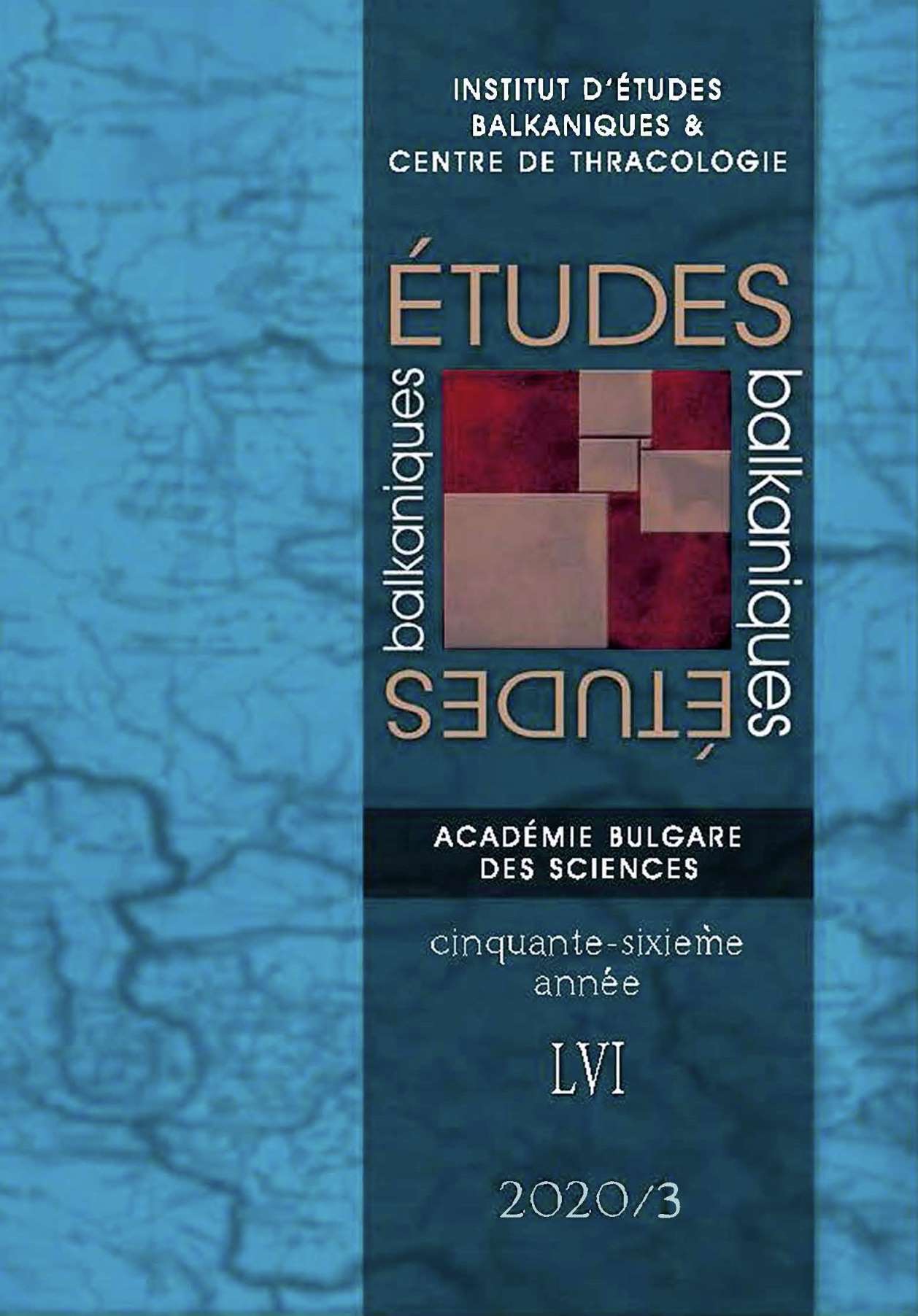THE ANTI-URBANISM OF SERBIAN COLLABORATORS IN THE SECOND WORLD WAR
THE ANTI-URBANISM OF SERBIAN COLLABORATORS IN THE SECOND WORLD WAR
Author(s): Bisser PetrovSubject(s): History, Social Sciences, Sociology, Social history, Recent History (1900 till today), Rural and urban sociology, WW II and following years (1940 - 1949), Identity of Collectives
Published by: Институт за балканистика с Център по тракология - Българска академия на науките
Keywords: Serbia; Second World War; Collaboration; Anti-Urbanism; Village.
Summary/Abstract: Anti-urbanism was an organic integral part of Serbian collaborators’ ideology and propaganda in occupied Serbia during the Second World War. The quisling Prime Minister General Milan Nedić and his henchmen considered the ‘corrupt city’ as an incubator of all putrefactive and noxious to the Serbiandom external agents. They sought a natural antidote in the highly idealised Serbian village and its patriarchal way of living, preserved since the Middle Ages. These beliefs, however, were neither new, nor original: their roots could be traced back to the pre-war period, when anti-urbanism had been imported and ‘enriched’ by some representatives of the Serbian extreme Right and Orthodox clergy. Eventually, all the regressive and obscurantist plans of the Serbian collaborators for a complete transformation of Serbian society onto a purely rural basis, logically failed, simply because their realisation needed no more, no less, a special time machine to bring Serbia back to the glorified past.
Journal: Études balkaniques
- Issue Year: 2020
- Issue No: 3
- Page Range: 694-708
- Page Count: 15
- Language: English
- Content File-PDF

